みなさん、こんにちは
フルーツフルイングリッシュのネイティブ講師Simon先生がお届けする英語ブログで学ぶ使える英語表現をシリーズでお届けしています。
※Simon先生のシリーズ前回の記事「Simon先生の英語ブログで学ぶ使える英語表現ーLocked out」を見逃した方はこちらからどうぞ!
今回のブログは、先生とお子さんとのGWエピソード、”On Safari with Animal Idioms ”をお届けします。
英語ブログを読もう!On Safari with Animal Idioms – 「動物のイディオムでサファリ体験」
Hello, this is Simon.
This past Golden Week, the family went to Fuji Safari Park. We left early in the morning and after a three-hour drive, finally arrived to see Mt. Fuji in all its glory, a great start to the outing.
Upon leaving the car, we entered an area where we could pet and feed small animals, such as hamsters, chipmunks, porcupines, and capibaras. My daughter rushed to feed all of them, unlike my son who was nervous. However, after seeing her do it a few times, he wanted to do everything his big sis did. Monkey see monkey do, I guess.
Further along, there was pony riding and petting areas for dogs, cats and rabbits. My daughter chose the rabbit area and the cat area. She went in there like a bull in a China shop, chasing everything she saw. I had to calm her down, teaching her not to chase the cats, and to pet them “gently”. She soon got the hang of it, but she did get scratched. She was reluctant to touch them after that, and clammed up for a while — once bitten, twice shy. However, she eventually got her courage back, and had become more cautious in her approach: a valuable lesson.
Next, we did the walking course around the park. It was hard going at first, because my son insisted on me giving him a shoulder ride. I tried to talk him into a piggyback, but for him it was shoulders all the way. There were observation points for different animals. The highlight was feeding lions with pieces of meat on the end of a long pole. One lion was truly intimidating, pacing backwards and forwards and constantly looking looking me in the eye.
Finally, we went on the drive-through safari. It was the part we have been looking forward to all day, where we could see all the big animals in a semi-natural setting. My son would be excited about this, because he had just started developing an interest in big animals, like lions, elephants and bears.
The first section was the bear section. As we rounded the first corner, we could see a large beer from Hokkaido, taking a stroll. It was huge, like a grizzly bear. I called out to my son, but didn’t get a response. I turned to him, but he was already fast asleep, mouth wide open and catching flies… Oh well, maybe next time.
Since animals was the theme of our Golden Week vacation, I thought I could give you a few idioms related to animals.
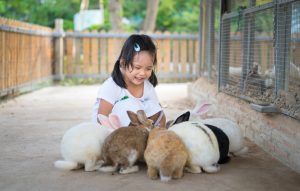
いかがでしたか?
ーそれでは、本文の中からピックアップした英語表現を見てみましょう!
“monkey see monkey do”
The phrase “monkey see monkey do“ is a humorous way to describe someone imitating another person. It is usually used in situations where the imitation is done without understanding the actual reason behind the action. You could say imitation for imitation’s sake.
“like a bull in a China shop“
This expression is used to describe a person or situation where “someone is clumsy, reckless, or lacking in subtlety, and is often causing disruption or damage, either physically or socially”.
(e.g. He barged into the meeting, criticizing everything. It was like a bull in a China shop.)
FYI: A “china shop” is a shop that sells ceramics, such as plates, bowls, cups or ornaments
“clammed up“
To “clam up” means “to suddenly stop talking or become silent, often because of nervousness, fear, embarrassment, or uncertainty“. Imagine a clam closing its shell
(e.g. When the teacher asked him a question, he just clammed up and stared at the floor./I tried to ask my son why he was upset, but he clammed up and wouldn’t say a word.)
“once bitten, twice shy“
The expression “once bitten, twice shy“ means that if someone has a bad experience once, they will be more cautious or hesitant to do the same thing again
(e.g. She was betrayed by a friend, so now she’s slow to trust people. Once bitten, twice shy./He avoids street food after getting terribly sick once. As they say, once bitten, twice shy.)
“a piggyback“
A “piggyback” or “piggyback ride” is a way of carrying someone, where they are behind you, with their arms around your neck and you holding their legs. In Japanese it is called 「おんぶ」. We can “give” someone a piggyback or someone can “get” or “be given” a piggyback. It can also be a verb
(e.g. I piggybacked him for most of the walk.)
“catching flies“
This expression is used to describe someone fast asleep, with their mouth wide open (as though they were trying to catch flies in their open mouth. It is not a flattering description
(e.g. He fell asleep during the movie, head tilted back, mouth wide open: totally catching flies.)
See you next month!

Hello! My name is Simon.
I am from New Zealand, and have been living and teaching English in Japan since 1999.
My hobbies include movies, playing the guitar, gardening and hiking.
※このブログでは英語学習に役立つ情報アドバイスを提供していますが、本ブログで提供された情報及びアドバイスによって起きた問題に関しては一切、当方やライターに責任や義務は発生しません。
※ここでの情報や助言を参考に英文を書いたり下した判断は、すべて読者の責任において行ってください。ここに掲載されている記事内の主張等は、個人の見解であり当社の意見を代弁・代表するものではありません。
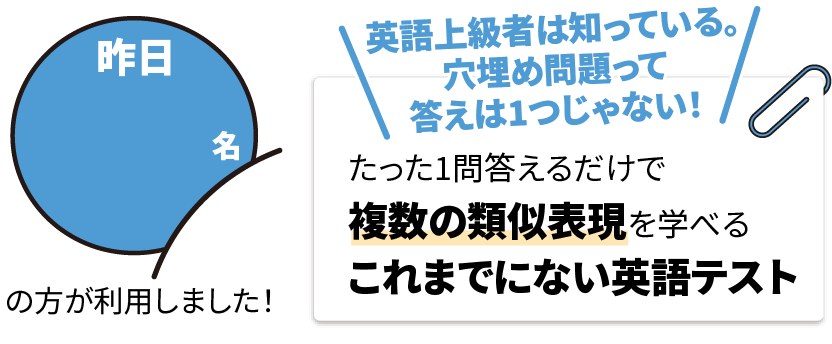





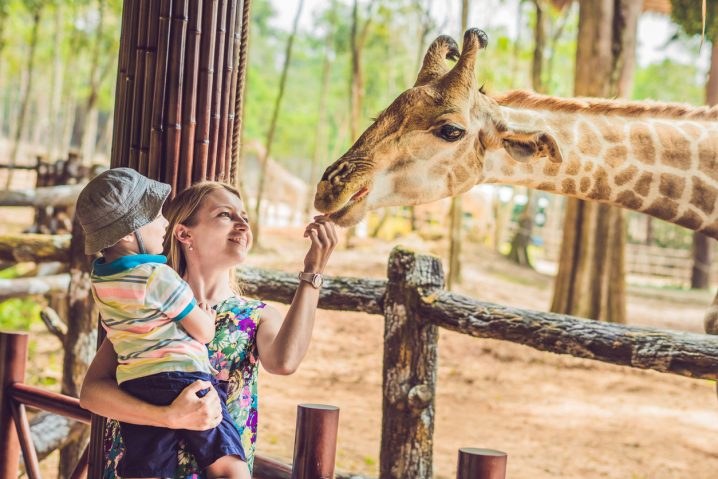

 (イイネ!は押されていません)
(イイネ!は押されていません)











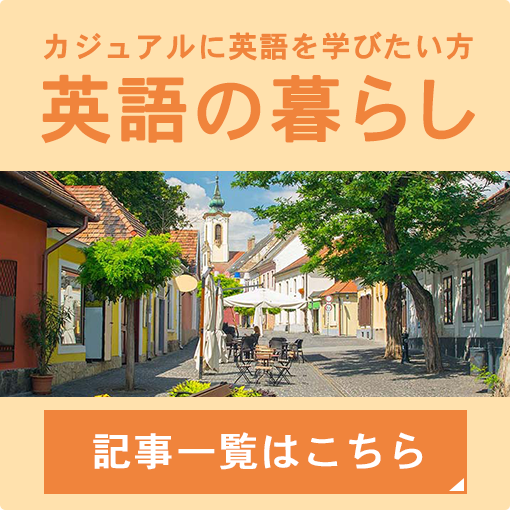




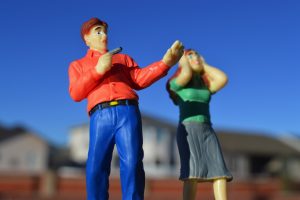







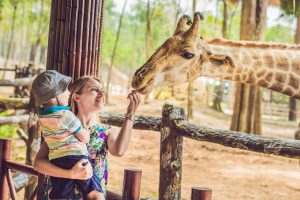



コメントする